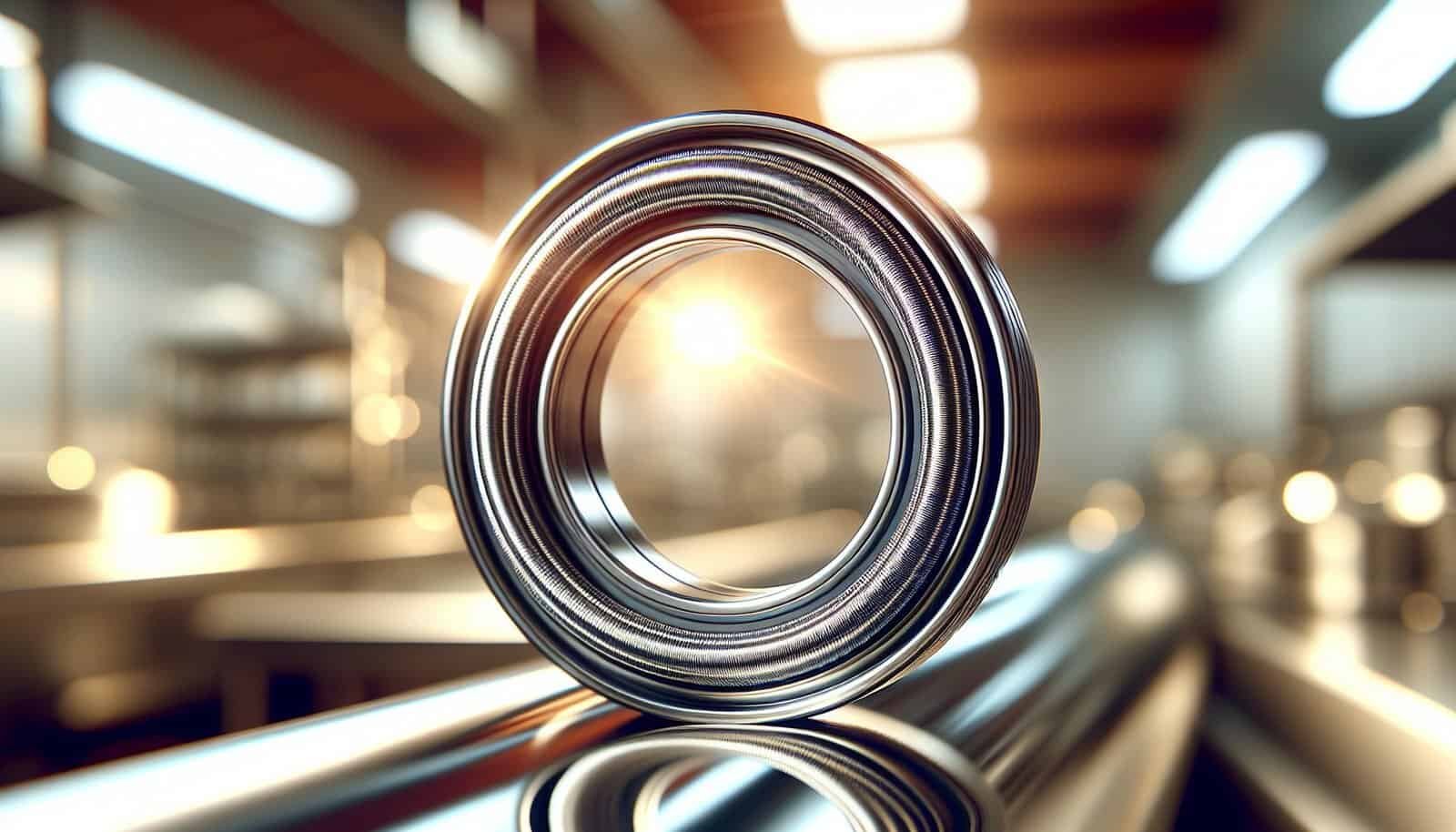Have you ever wondered what a sanitary seal is and why it plays such a critical role in the safety of your well water? Ensuring that your water remains safe to drink is paramount, especially when it comes to preventing contamination from various sources, such as algae and other pollutants. A concept that might sound simple also carries a lot of importance in preserving the health and wellness of you and your loved ones.

Understanding a Sanitary Seal
What Is a Sanitary Seal?
A sanitary seal is essentially a protective cover or barrier placed at the top of a well to protect it from contamination. The purpose of a sanitary seal is to prevent surface water, debris, insects, and other pollutants from entering the well. While it may seem straightforward, this safeguard is crucial to maintaining the purity and safety of the water supply.
Components of a Sanitary Seal
The components of a sanitary seal generally include a well cap, the casing of the well, and the seal itself, which typically comprises materials resistant to weathering and contamination, such as rubber or concrete. Each part plays a role in preventing unwanted materials from compromising the quality of your well water.
Types of Sanitary Seals
There are different types of sanitary seals designed to fit specific types of wells and environments. These can range from basic rubber gaskets used in simple water wells to more complex systems with pressure-resistant features used in industrial settings. Here’s a table summarizing the typical types of sanitary seals and where they’re commonly used:
| Type | Typical Use | Features |
|---|---|---|
| Rubber Gaskets | Residential wells | Simple design, easy installation, durable |
| Concrete Seals | Large municipal wells | High durability, weather resistance |
| Advanced Systems | Industrial applications | Pressure-resistant, complex designs |
Importance of a Sanitary Seal
Why Is a Sanitary Seal Necessary?
A sanitary seal is vital because it acts as the first line of defense against contaminants. Without it, your well is vulnerable to pollution that could compromise water quality, posing health risks. Contaminated water can lead to serious illnesses, and addressing pollution after it occurs is a complex and costly process.
Benefits of Using a Sanitary Seal
Utilizing a sanitary seal comes with several benefits, including:
- Preventing Pollution: Keeps pollutants at bay and maintains water quality.
- Cost-Efficiency: Reduces long-term maintenance and filtering costs by protecting the well from frequent contamination.
- Health Safety: Safeguards against pathogens and bacteria that can cause illnesses.
- Compliance: Helps ensure that water systems meet health and safety regulations.

Potential Threats to Well Water Safety
How Can Algae Affect Well Water Safety?
Algae growth in water systems is more than just an eyesore; it can significantly impact water safety and quality. Algae thrive in conditions where there is ample sunlight, stagnant water, and nutrients—often entering wells through poorly sealed covers.
Why Algae in Well Water Is a Concern
Algae blooms in your water supply can lead to several issues:
- Toxicity: Some algae species produce toxins that are harmful if ingested or inhaled.
- Taste and Odor: Even non-toxic algae affect the taste and smell of water, making it unpalatable.
- Clogging: Algae can lead to clogging in water systems, affecting water flow and infrastructure.
By understanding and addressing the issues posed by algae, you protect not only your health but also ensure the long-term quality and availability of your water supply.

Conclusion
Ensuring the safety of your well water is a complex task that starts with understanding and implementing a proper sanitary seal. From preventing contamination to keeping costs low in the long run, a well-maintained sanitary seal is an invaluable asset. Algae and other contaminants can easily compromise your water supply, but a solidly designed and maintained sanitary seal can mitigate these risks.
Being informed about the precautions you can take, and those protections you have currently, is crucial in preserving the integrity and safety of your water resources. Making such proactive decisions today ensures a healthier tomorrow for you and those who depend on you. As important contributors to long-term wellness, these details about sanitary seals and their role are not only insightful but essential to maintaining a safe and healthy living environment.

